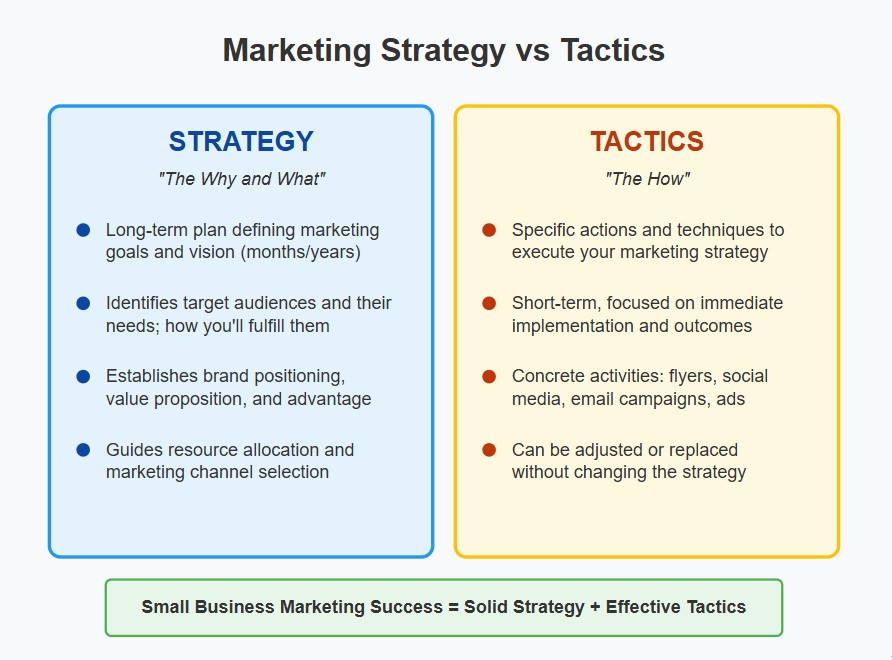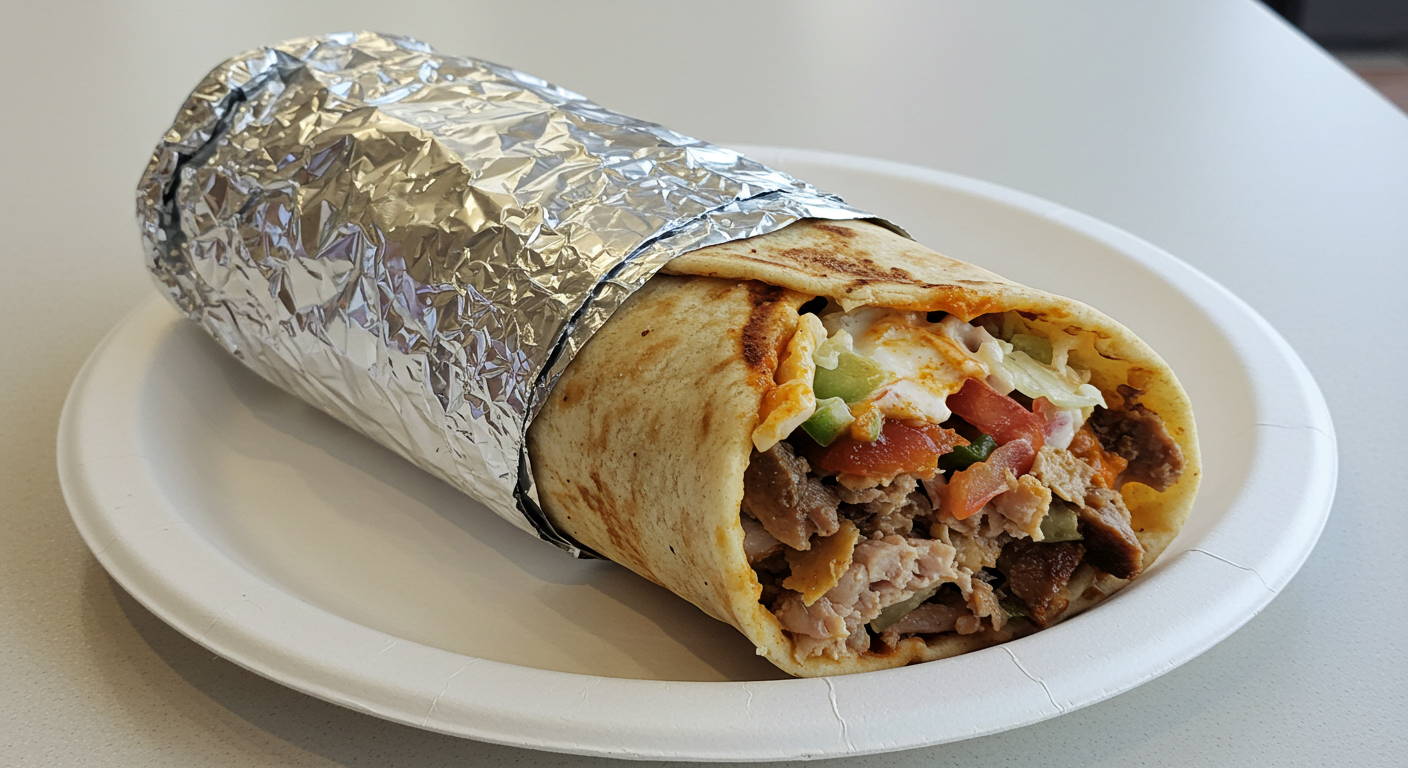I love shawarma. The blend of seasoned meat, fresh toppings, and an amazing garlic sauce wrapped in a warm flour tortilla is one of my guilty pleasures. For a few years, our town had a great shawarma place in the mall, but it eventually closed down. After that, I figured my shawarma days were over—unless I was in a bigger city.
Then, a few years later, my stepdaughter walked into my office with a bundle of goodness. She said excitedly, “I found a shawarma place!” Her discovery was completely by chance, not through any small business marketing efforts. It felt like she had struck gold. We began to take turns buying lunch for each other. It was fun.
When I first visited the tiny restaurant, a small door tucked into a large downtown frontage, I was both excited about the food and concerned about its prospects. Opening any restaurant is challenging, but a one-person operation with little visibility seemed particularly risky. Still, I was hopeful that exceptional food would be enough to build a loyal customer base.
A one-man operation
The owner was a Middle Eastern man who made everything himself. No employees, just him, working long hours to keep his dream alive. His shawarma recipe came from his mother, and you could taste the care that went into it. The meat was perfectly seasoned, the toppings were always freshly prepared throughout the day, and his homemade garlic sauce was something special—the kind of sauce you find yourself thinking about days later.
I started going once a week. While he prepared my order, we’d chat about business, life, and the neighbourhood. He always remembered my order—chicken shawarma, sometimes beef, with tomatoes, onions, and that amazing garlic sauce. Funnily enough, despite seeing me weekly, he could never remember that I preferred fresh spinach instead of lettuce. Every single time, he’d reach for the lettuce, and I’d have to remind him with a smile, “Spinach, please!”
The flyer guy upstairs

One day, I asked him about his marketing plan. Working in marketing myself, I was curious how a small place with no name recognition was spreading the word.
“The guy upstairs does marketing,” he told me proudly. “He’s helping me create flyers.”
That’s when I realized that he was doing random marketing—there was no small business marketing strategy. I wished I could help him, but he seemed confident in his approach.
Over time, I watched as he kept expanding his menu. First breakfast items appeared, then pizza. I worried he was stretching himself too thin instead of focusing on what made his place special—that incredible shawarma. There was rarely a line of customers waiting. Whenever I asked how business was going, he’d smile and say things were good, but I always wondered.
Then came the inconsistent hours. Sometimes, I’d show up during posted business hours to find the doors locked and lights off. Sometimes I got it wrong or was just early. On those days, he’d let me in, and we’d chat for a while. I’d walk out with a prize: the first shawarma of the day.
And then one day I went, and it was closed. The card in the window showed his hours, and it should be open. Well, he is in this by himself. Maybe he’s just out for the day, I thought.
After the third time finding it closed when it should have been open, I started to worry. Then, one day, it was just… closed. No note on the door, no farewell. After about two years in business, the best shawarma spot in town had quietly disappeared.
Rethinking small business marketing
I still think about that place and the owner who worked so hard to make his dream work. I wonder what might have happened if he’d had more support, more customers, or maybe just focused on what he did best—making that incredible shawarma with his mother’s recipe.
Small businesses like his are the heartbeat of communities, yet they face such steep challenges. The shawarma guy’s story highlights one of the biggest hurdles: understanding what marketing truly is.
Like many small business owners, he confused advertising (those flyers) with marketing. But advertising is just one tactic among many. True marketing starts with strategy—understanding the specific need your business fills and identifying who your customers really are.
Without this foundation, even the most delicious shawarma in the world might not find enough customers to sustain a business. The owner poured his heart into his mother’s recipe but struggled with the business elements that would have helped people discover his amazing food.
This is why I’m passionate about helping small businesses and startups. The people who create these businesses often have incredible talents and products—they just need guidance on how to connect with their ideal customers through effective small business marketing strategy and not random tactics.
Sometimes, I wonder if a proper marketing strategy might have saved that little shawarma shop. While I’ll never know for sure, I do know this: I want to make sure other small business owners don’t face the same fate. Because our communities need more places like his—businesses that bring unique flavours, authentic experiences, and meaningful connections to our everyday lives.
If your small business is struggling, contact me for an initial consultation.






